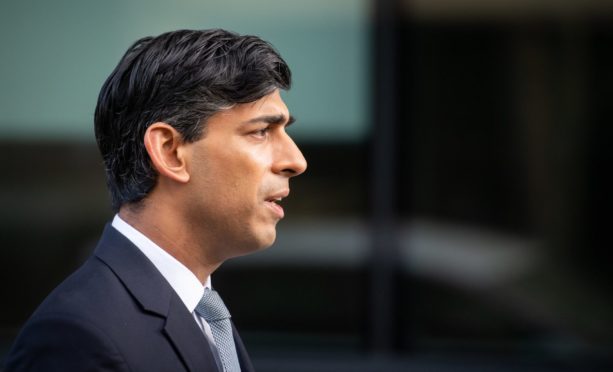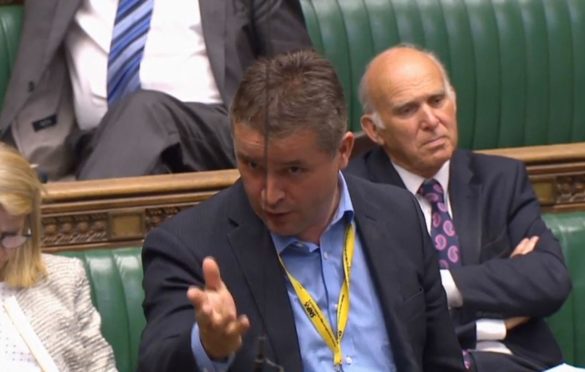Scottish free ports could be short-changed by millions of pounds under an “unfair” Westminster funding formula, a senior MP has claimed.
Several ports in the north-east, including Aberdeen, have bid to take part in Chancellor Rishi Sunak’s free port scheme – which promises to create between 80,000 and 150,000 jobs nationally.
The intention is to open at least seven free ports in England and another three in Scotland, Wales and Northern Ireland.
The Treasury has earmarked £175million in seed capital for free ports in England, while ports in the devolved nations will receive funding through the Barnett formula.
Western Isles MP Angus MacNeil, who chairs the Commons international trade committee, warned the funding arrangement could end up seeing some free ports being treated “more equal than others”.
His comment came after Treasury minister Stephen Barclay told his committee: “The Barnett formula is the key arrangement we have in terms of sharing resources across the UK, so in the the normal way £175 million will then be subject to Barnett consequentials.”
Mr MacNeil responded: “If I can stop you there, if there’s £175 million to be spent, let’s say on nine free ports in England, that will work out at about £19million per free port, if you Barnettise it, that would only be £15million.
“You’re telling us that the free port advantage to an English free port is going to be considerably greater than the free port funding for a Scottish free port coming from the Westminster government.”
The minister refused to accept the point, telling MPs that the “main benefit isn’t the seed funding”.
Mr Barclay went on to argue that Scotland overall receives more funding per head of the population through the Barnett formula than England and as a result the shortfall in seed cash could be made up that way.
“It will be for the Scottish Government through Barnett, as it does in other areas of policy, to determine how overall funding is allocated within their devolved responsibility”, he said.
🚨 UK Freeports 🚨
📢 We are beginning our oral evidence session on UK Freeports.
🔎 We will be questioning @SteveBarclay Chief Secretary to @hmtreasury and @LukeHall Minister for Regional Growth and Local Government @mhclg
📺 Watch the session here: https://t.co/4CXTpk4Ahn pic.twitter.com/l6UiBaPFhR
— International Trade Committee (@CommonsIntTrade) February 24, 2021
Mr MacNeil ended the exchange saying: “There’s a funding disparity for free ports, whether they be in England or one of the devolved nations.
“The seed funding is starting off on a very a disproportionately unfair foundation.”
A free port is a zone within a country that is treated, for customs purposes, as an independent jurisdiction. This means goods can be manufactured, imported and exported in the zone without incurring normal barriers to trade such as tariffs and customs duties.
Supporters of the idea argue that introducing free ports has already been successful in countries such as the United Arab Emirates, where the Jebel Ali free zone in Dubai now hosts 7,000 global companies, employs 145,000 people and accounts for around 40% of the UAE’s total direct foreign investment.
Opponents of the policy have warned, however, that they can bring “all sorts of potential risks” – from money laundering to a cut in local authority business rate revenue.

